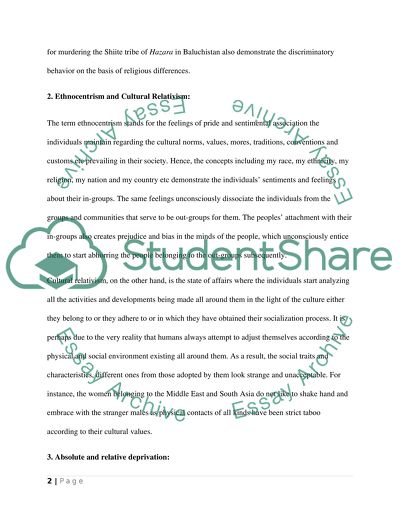Cite this document
(“Sociological Notions Essay Example | Topics and Well Written Essays - 1250 words”, n.d.)
Sociological Notions Essay Example | Topics and Well Written Essays - 1250 words. Retrieved from https://studentshare.org/sociology/1468714-sociological-notions
Sociological Notions Essay Example | Topics and Well Written Essays - 1250 words. Retrieved from https://studentshare.org/sociology/1468714-sociological-notions
(Sociological Notions Essay Example | Topics and Well Written Essays - 1250 Words)
Sociological Notions Essay Example | Topics and Well Written Essays - 1250 Words. https://studentshare.org/sociology/1468714-sociological-notions.
Sociological Notions Essay Example | Topics and Well Written Essays - 1250 Words. https://studentshare.org/sociology/1468714-sociological-notions.
“Sociological Notions Essay Example | Topics and Well Written Essays - 1250 Words”, n.d. https://studentshare.org/sociology/1468714-sociological-notions.


